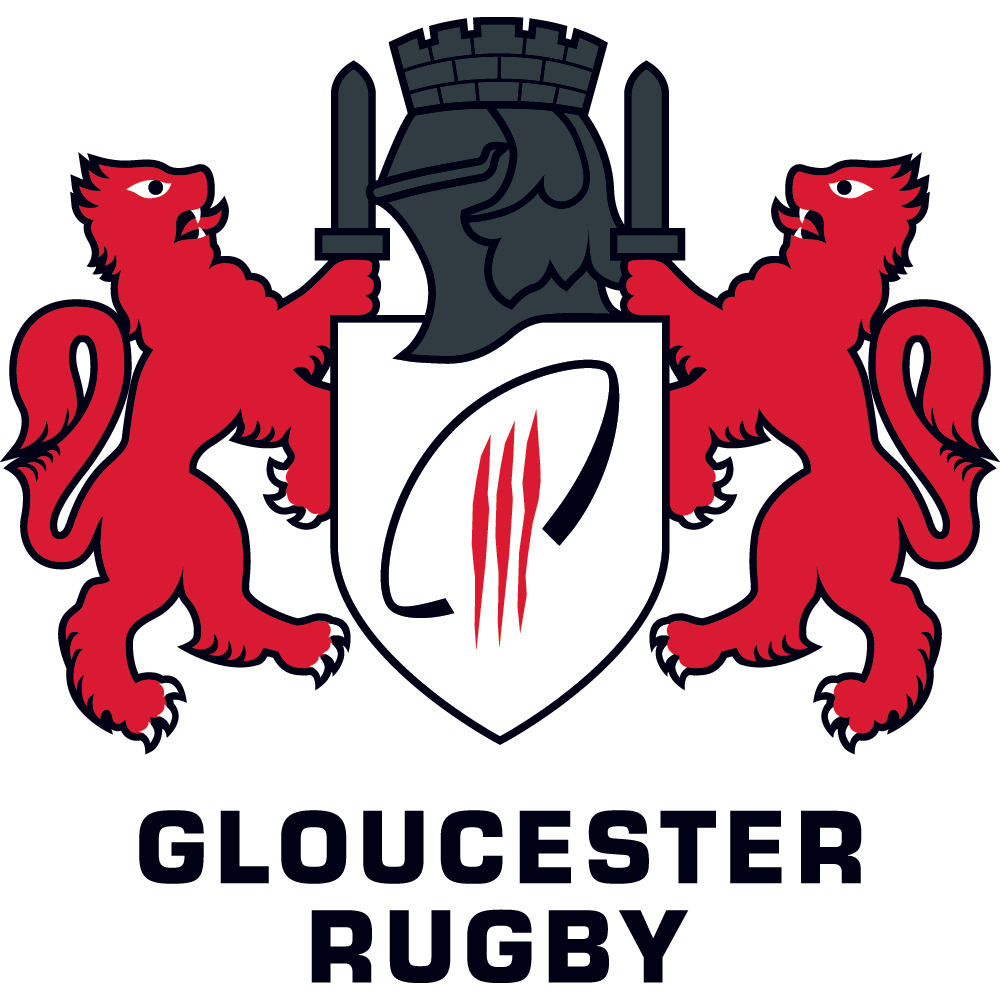James Hudson
Job title Sports Nutritionist
Employer Gloucester Rugby Club

"Sports nutrition is incredibly fast moving"
Do you have a passion for sports science? Do you also love the hustle and bustle of a sports team? If you answered yes to both then you should consider becoming a sports scientist for a sports side.
That’s what James Hudson does, he is the sports scientist for Gloucester rugby team. He adapts the diets of players, guides their eating schedule and also works alongside the team regularly to maximize their recovery periods after matches.
“Translating science into useable information for the athlete.”
What does a sports nutritionist do?
A sports nutritionist needs to be able to educate, strategise, inspire, and motivate athletes to help them make food choices to optimise health, and maximise their performance. A sports nutritionist will agree goals with the athlete and the other coaches across a multi-disciplinary team and then work towards those, translating science into useable information for the athlete.
“Corridor conversations are vital.”
What is a typical week like in the build-up to a matchday?
As a sports nutritionist the week starts for me when the schedule for the following week is finalised, which usually happens on a Friday. I meet with our Chef Will Carvalho at the training ground. We plan the menu around the planned training load for the week.
It is very important that we ensure there are options for all the squad at each meal time. We have a mixture of fit and injured players all at the training base, and amongst those there are differing needs.
The main squad need different levels of carbohydrate available through the week, so we plan to make sure there are plenty of nutrient dense options for them to meet these needs. We also then plan for travelling to games and I design menus for any hotel stays for the squad.
Early in the week the players are recovering, and training volume and intensity tends to be a little lower, so we need to ensure the players do not over fuel. The second day of the week tends to be very intense and their energy needs increase significantly for example.
These ‘corridor conversations’ are vital, and many players benefit the most from regular contact like this. I will present to the players in short bursts, usually nothing more than 3-5 minutes maybe once a week. This might be cueing them into specific challenges for the week or topics such as immune health during these winter months. I find this works well as they have many other rugby specific meetings every day. It is an effective way of getting information to them, and hopefully they retain some simple messages!
“Encouraging them to recover efficiently.”
What do you do on a match day itself?
I am well out of the way on a match day, with the players in spirit but not present. There is a lot of potential distraction on a game day and you don’t want to exacerbate that. I design infographics and posters for the changing room walls to nudge them to action their routines.
We organise with the medical, strength and conditioning staff the strategies for the match day and the players themselves understand their individual needs. I also work with our chef to design the menus after the match, encouraging them to recover efficiently.
“I love working with players who don’t necessarily buy in to nutrition,”
What do you love most about your job as a sports nutritionist?
With my job as sports nutritionist I love working with players who don’t necessarily buy in to nutrition, or don’t really believe it can help improve them. They are the toughest athletes to work with but there is something about that challenge, the improvement you can see in them when they have that ‘oh’ moment and they begin to feel the benefits.
“I really decided this was the route at 19.”
Did you always want to work in sports science and nutrition?
I always enjoyed science, sport, and food but I really decided this was the route at 19. Since then, I have not looked back, getting to play rugby professionally was always a very happy ‘side effect’ of playing sport but I knew it wouldn’t last forever.
Former UKAD Athlete Commission member and Performance Nutritionist for @gloucesterrugby @JamesHudson5, shares his thoughts on using the athlete voice to drive meaningful change in sport. ????
Read his full blog ? https://t.co/BRXfFgul1V #cleansport #blog pic.twitter.com/sFkRCsDbO8
— UK Anti-Doping (@ukantidoping) August 6, 2020
“Supporting the players at Gloucester Rugby,”
What Tell us a bit about your career pathway, and how you became a sports nutritionist?
I studied Biochemistry at the University of Bath after A-levels. During my first year of study I enjoyed playing University Rugby and was invited to join training at Bath Rugby in the u19 and u21 age group teams. Whilst studying I played a few games for them and graduated up to the United (2nd XV) team.
I was offered my first professional contract at 19 and joined the first team at Bath Rugby. Once I graduated with a degree and Maters of Biochemistry in 2004 I played rugby full time from then on.
I was fortunate enough to enjoy playing professionally for 15 years, playing for Bath, London Irish, Newcastle Falcons and Gloucester Rugby. Unfortunately, my career was cut short when I injured my knee during my last season at Gloucester.
During my time at London Irish I wanted to carry on studying towards proper accreditation so completed the post graduate International Olympic Committee’s Diploma in sports nutrition.
My current role is primarily working towards my PhD thesis, whilst supporting the players at Gloucester Rugby. Having access to those athletes to answer my research questions is unparalleled really. The results of which will hopefully maximise the nutrition support I can offer the players. I also work with a few other athletes in different sports.
“I enjoy doing some guest lecturing”
What’s next for you?
My aim is to complete my PhD thesis over the next 3-4 years and hopefully contribute something worthwhile in the field.
Whilst completing it I enjoy doing some guest lecturing and would like to expand on that to hopefully combine academic work with the applied sports nutrition in the future.
“It is worthwhile researching your study options.”
What are some of the common problems you have to solve when it comes to getting the optimum performance from an athlete? Educating them? Bad habits?
A base level of education is essential, and the earlier we can work with players to ensure that is clear, the better. It is worthwhile researching your study options. We spend time developing this in the academy players before some of them enter the full time professional environment. Cooking skills and the ability to go away and action these food choices when they aren’t at the club is the next biggest tool.
“You must put time aside every week to read”
Sports Nutrition is constantly evolving – how do you keep up?
The role of a sports nutritionist is incredibly fast moving; the quantity of research is immense, and you must put time aside every week to read and keep up with it.
I am very fortunate to be at a prolific research institute up at Liverpool John Moores University to study my PhD. My supervisors are experts in their fields, and the other research students are increasing the quality of research all the time.
“Just get out there and work with athletes.”
What advice would you have for anyone looking to get into sports nutrition, in terms of getting the right qualifications and experience?
The Sports and Exercise Nutrition Register (SENr) is fast becoming the badge of quality that athletes can trust. Whichever way you start your training as a sports nutritionist I would recommend aligning yourself with the criteria to becoming registered. This in most cases will mean completing a postgraduate masters in sports nutrition, and many of the best are aligned with SENr competency framework. Alongside this just get out there and work with athletes.
Unlike many careers, the door to becoming a sports scientist is usually only accessible through qualifications (University). If you believe that University is the right career path for you then check out our articles here on picking the best University for you and also which University’s have the most graduate employment.
“Finding out what works for you and actioning it will make the difference.”
What’s your best advice for anyone in terms of their nutrition when competing, whether playing a game of football or doing any other kind of event?
When it comes to competition time the best piece of advice is always to practice your nutrition strategies. Always practice specific foods and drinks around competition and big training sessions. Sports nutrition as an end product is very individual and finding out what works for you and actioning it will make that difference.
Here at Careers In Sport, we encourage all young people to explore every opportunity possible in sports and consider them all. That’s why we fill the website full of interviews just like this one, check some more out here – or, if you’d prefer a more visual experience then we have some videos of interviews on our YouTube channel here.

